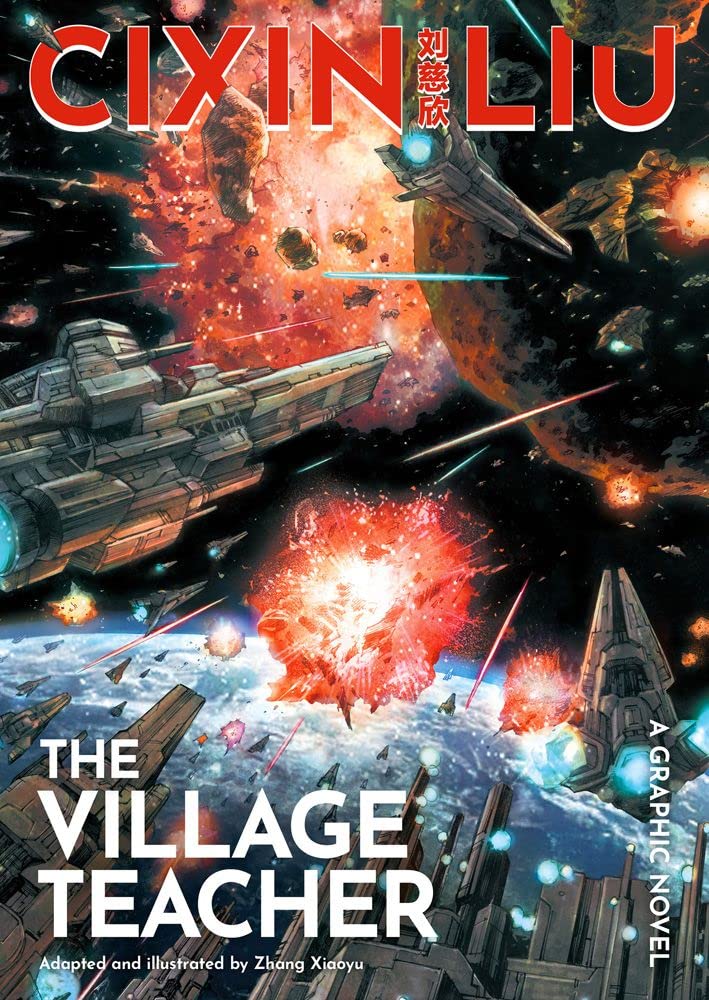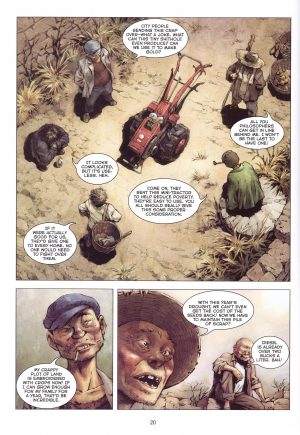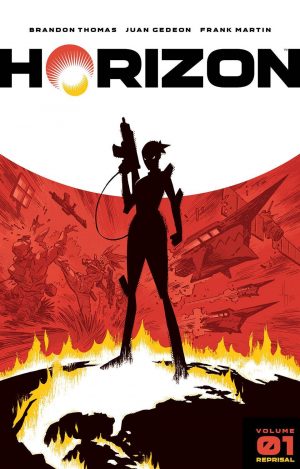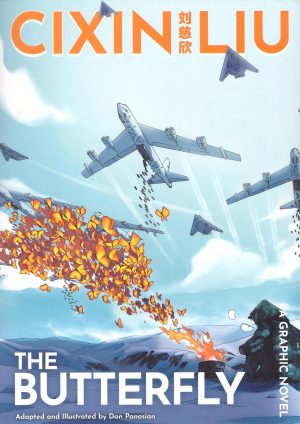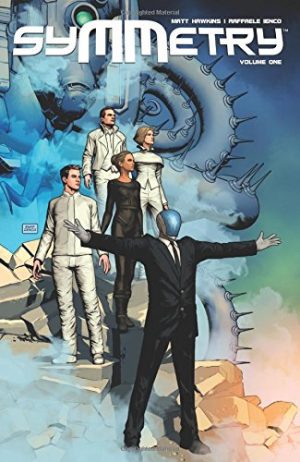Review by Frank Plowright
Cixin Liu is a Chinese science fiction author, writer of several novels and of several short story collections. He’s imaginative and prolific, a back cover quote from the New Yorker likening him to Arthur C. Clarke. The Village Teacher is part of an ambitious project in which comic creators of various nationalities are brought together to adapt Liu’s stories, in this case Chinese artist Zhang Xiaoyu taking care of the adaptation and art.
Xiaoyu’s art differs from every artist used on Liu adaptations to date by being illustrative rather than concentrating on panel to panel storytelling, yet it suits what’s a more abstracted story from Liu. That appears to concern a galactic war laying waste to entire planets, the devastation given an alluring grandeur by Xiaoyu, yet then switches to the school in a Chinese rural community. Liu at first portrays co-operation and recycling, but a seedy underbelly lurks beneath, with children routinely abused. There seems to be a point being made about humanity starved of comfort and resources and the unimaginable power levels and capabilities of the warring aliens, but that’s not the case, and Liu surprises with how the two strands of the story connect.
The title character is school teacher Mr. Li, a dedicated man who firmly believes the only route out of poverty is education, so defends his school from the villagers attempting to strip mine it for their own short term needs. His belief and pragmatism is heartbreaking in the face of ignorance, yet, cleverly, his influence has amazing consequences.
It’s a great turnaround. Until everything slots into place The Village Teacher is the bleakest of Liu’s stories in the series to date, with not a hint of sentimentality, yet it eventually transforms into something life-affirming despite tragedy. It becomes a celebration of human achievement, but unfortunately Liu shudders to a stop, ending with poorly judged melodrama rather than something having real impact. Even allowing for Xiaoyu’s interpretation overselling the point, it’s still a weak conclusion to an otherwise powerful story with humanity at the heart.
